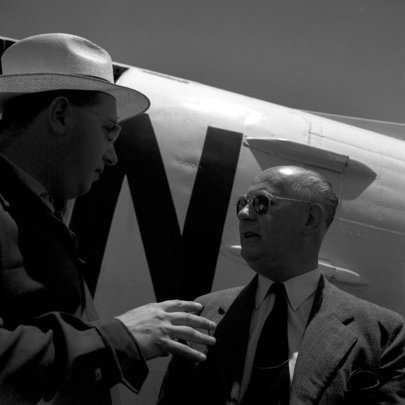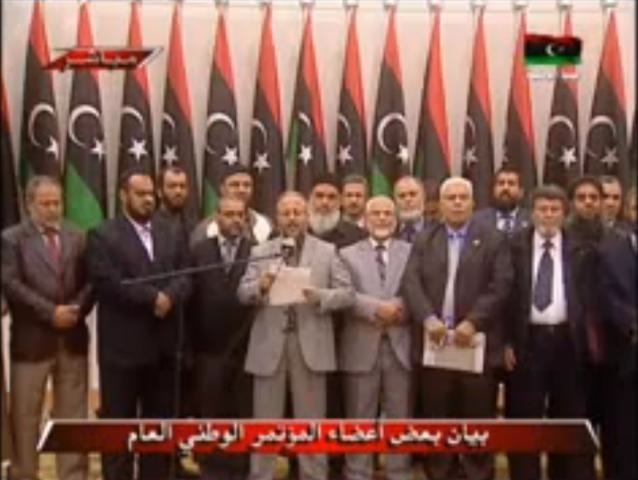
Tripoli, 24 December:
Today, sixty-one years ago, on 24 December, 1951, Libya was proclaimed an independendant and sovereign state after the Dutch diplomat and Assistant Secretary General of the United Nations, Adrian Pelt, transferred state power to the late King Idris in his capacity as UN High Commissioner for Libya.
Adriaan Pelt became very popular in Libya because of his relentless and ultimately successful efforts to bring together the peoples and tribes from Tripolitania and Cyrenaica, administered by the British, and the French-administer territory of Fezzan to form a new state and to draw up a constitution with his help. In gratitude for all his good work for Libya one of the most beautiful streets in Tripoli, the former Lungomare (the Seafront), was named after him. A street was named after him in Benghazi as well.
After independence was was done, he returned to New York to work at the headquarters of the UN and from 1952 until his retirement in 1957 he was director of the European Office of the UN in Geneva. Before Qaddafi seized power in 1969, Pelt would occasionally return to visit the country he had helped bring into existence. Hating everything to do with the kingdom, Qaddafi of course changed the name of the Shara Adrian Pelt to Shara Al Fatah, just has he changed the names of two other principal streets in the capital: Shara Istiqlal (Independence Street) and 24 December Street. Adrian Pelt died in 1981.
Against the background of these historic friendly ties between Libya and the Netherlands, the recently established ‘Dutch Libyan Cooperation Council’ (DLCC) has taken the initiative to revive and intensify the relations between the two countries by investigating in what way the Netherlands can help the Libyan government to build a stable, safe and happy nation.
Last week a first concrete step has been taken by Dr Hakim Aljadk, a Libyan doctor working in the Abu Salim Trauma Hospital in Tripoli, who has been responsible for the care of the Libyan wounded from the revolution who were hospitalised in the Netherlands, and Herman Klijnsma, founder and chairman of the DLCC. They have taken an initiative to develop a plan to help the Libyan government to build a good functioning, high quality ‘state of the art’ healthcare system in Libya.
Together with creating security and stability in the country by building a professional army and police force, this is seen as one of the highest priorities for the Libyan government.
Preparatory discussions have already taken place with some Dutch and Libyan parties in regard to training and education of medical students both in the Netherlands and ‘on the ground’ in Libya and rebuilding the Libyan healthcare infrastructure.
However, according to the DLCC’s chairman, the size and complexity of this combined Dutch-Libyan private sector project may mean it will have to be ‘upgraded’ and embedded in a joint operation at EU and/or UN level.
In January, talks are planned with Libyan and Dutch authorities and with companies and other organisations that may qualify to help to take this initiative to the next level. [/restrict]








